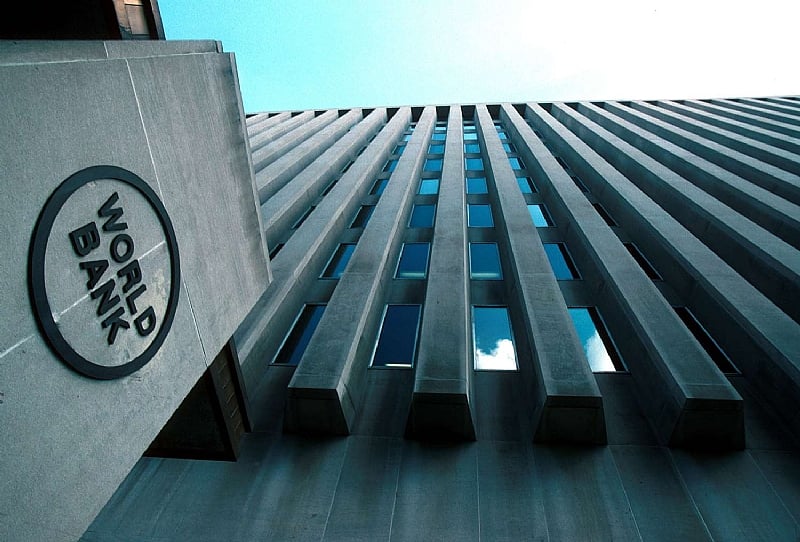Sub-Saharan Africa demonstrates a degree of economic resilience despite navigating a complex global landscape characterized by economic uncertainty and constrained fiscal space. Projections indicate a regional growth rate of 3.5% in 2025, with further acceleration to 4.3% anticipated between 2026 and 2027. This growth trajectory is primarily fueled by a resurgence in private consumption and investment, facilitated by cooling inflation and stabilizing currencies. The median inflation rate across the region has notably decreased from 7.1% in 2023 to 4.5% in 2024.
However, this growth remains insufficient to meaningfully address poverty reduction and meet the rising aspirations of the population – a central concern highlighted in the 31st edition of Africa’s Pulse, which focuses on enhancing governance and delivering tangible benefits to the African people. The report underscores the sobering reality that real income per capita in 2025 is projected to be approximately 2% lower than its peak in 2015. Resource-rich nations and those grappling with fragility, conflict, and violence experience slower growth compared to their more diversified counterparts. Moreover, the region faces a persistent challenge in generating sufficient quality employment opportunities for its burgeoning youth population. This disconnect between aspirations and economic realities necessitates urgent action to bridge the gap.
A key challenge facing the region is the growing disparity between the population’s aspirations for decent employment and effective public services, and the often suboptimal performance of markets and institutions. This disparity emphasizes the crucial need for reforms that prioritize increased competition, transparency, and accountability. Such reforms are essential to attract private investment, bolster public revenue, and create a broader spectrum of economic opportunities for the millions of Africans entering the workforce annually. Without these reforms, the region risks perpetuating a cycle of underdevelopment and unmet potential.
Sub-Saharan Africa’s economic outlook remains clouded by heightened uncertainty stemming from evolving trade dynamics, regional conflicts, and the pervasive impacts of climate change on both populations and agricultural production. While the full ramifications of policy changes will unfold over time, African economies possess the agency to embrace liberalization and diversification strategies, including leveraging the African Continental Free Trade Area (AfCFTA). This landmark agreement holds the potential to significantly boost intra-African trade, expand economic activity, and generate much-needed employment opportunities for the region’s youth.
In response to these challenges, the report offers policy recommendations for African governments to sustain growth and rebuild public trust amidst this volatile environment. Facing mounting debt burdens and dwindling global aid flows, countries must prioritize increasing the efficiency of government spending to enhance access to essential services such as healthcare, education, water, and electricity. Such improvements not only directly benefit the population but also strengthen the crucial relationship between governments and taxpayers, fostering greater trust and social cohesion.
Beyond efficient service delivery, a fair and transparent tax system, robust accountability mechanisms, and clear market rules are essential for fostering a conducive business environment. These elements create a level playing field that allows businesses to compete effectively, expand their operations, and create jobs. By prioritizing these reforms, African governments can lay the foundation for sustainable and inclusive economic growth, ultimately fulfilling the aspirations of their citizens and unlocking the region’s vast potential.














